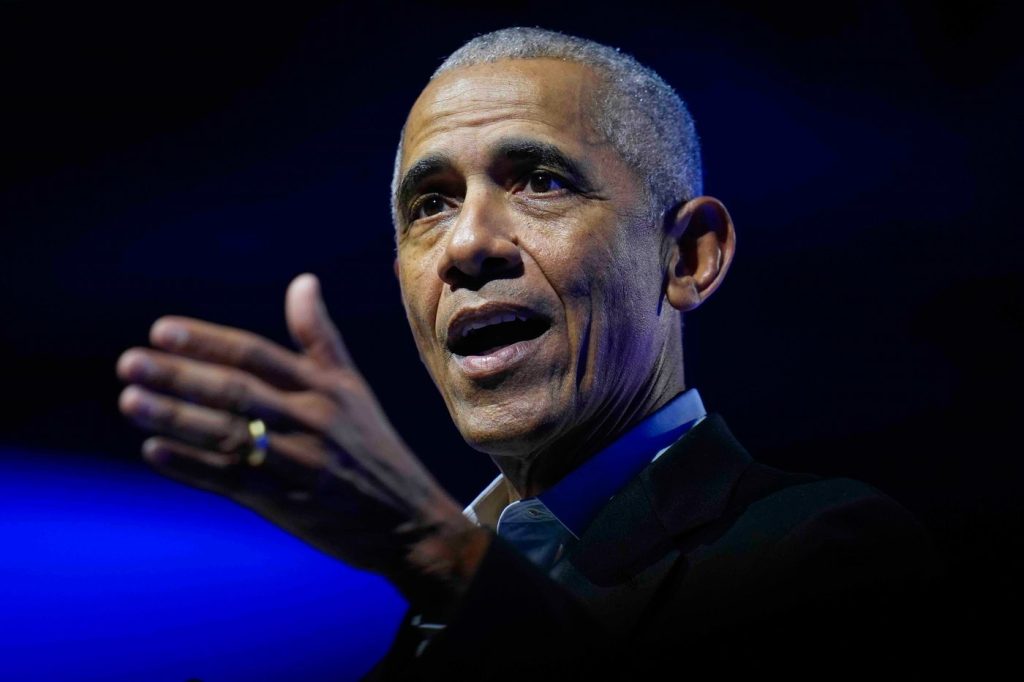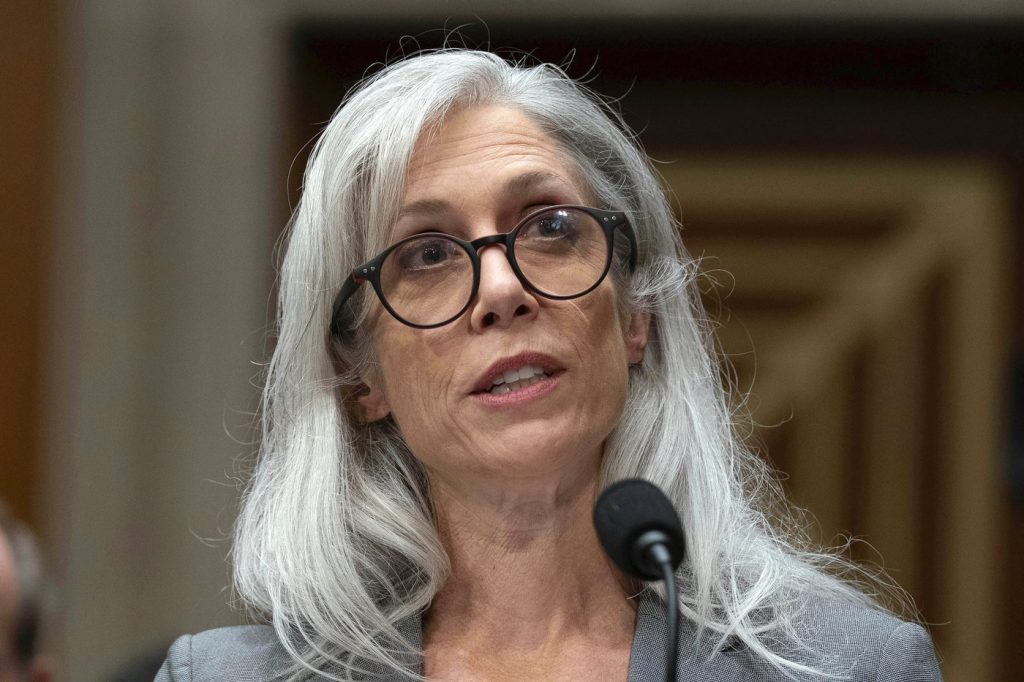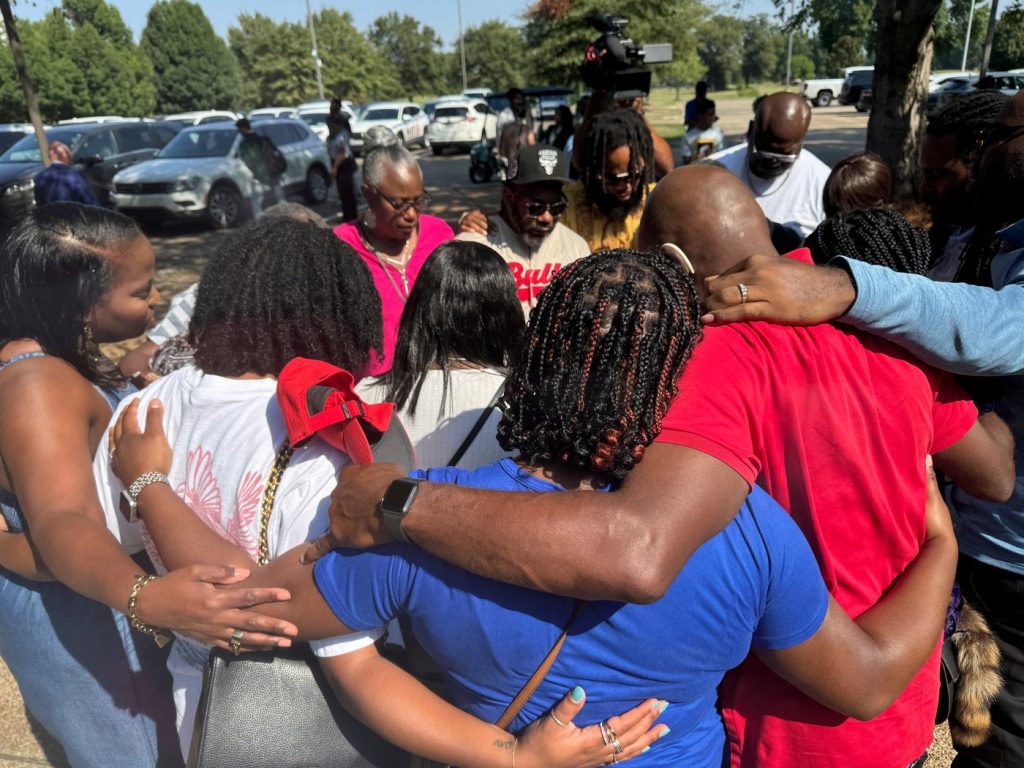Former President Barack Obama recently expressed deep concerns regarding the current state of the United States, labeling it as "an inflection point" following the assassination of conservative activist Charlie Kirk. In remarks made during an event hosted by the Jefferson Education Society in Erie, Pennsylvania, Obama criticized President Donald Trump for exacerbating national divisions rather than working to unite the country.
Obama emphasized the importance of civil discourse in a democratic society, stating, "There are no ifs, ands or buts about it: The central premise of our democratic system is that we have to be able to disagree and have sometimes really contentious debates without resorting to violence." He highlighted that attacks against individuals on the basis of political disagreements, even those perceived as opponents, pose a threat to everyone. The former president urged for a clear condemnation of such violence, emphasizing the need for unity.
In his remarks, Obama acknowledged the troubling rhetoric coming from Trump and his administration following Kirk's death. He reflected on his own leadership during moments of crisis, referencing the slaying of nine Black parishioners at a Charleston, South Carolina, church in 2015 and the responses from Republican President George W. Bush after the September 11 attacks. Obama articulated the presidential role during such crises as one that involves reminding the nation of its shared values and connections.
Obama pointed out that Trump's language, describing political adversaries as "vermin" and "enemies," highlights a broader issue of divisiveness in American politics. Charlie Kirk, who founded Turning Point USA, played a significant role in conservative circles and was closely aligned with Trump. The former president indicated that Trump's administration has escalated threats against what he categorizes as the “radical left,” raising concerns regarding the potential suppression of political opposition in reaction to Kirk's assassination.
In response to Obama's comments, the Trump administration shifted blame, labeling him as "the architect of modern political division in America." White House spokeswoman Abigail Jackson claimed that Obama consistently exploited divisions among Americans, asserting that more citizens felt he divided the country rather than unified it during his presidency.
Moreover, Obama scrutinized some of Trump's recent actions, such as deploying National Guard troops in Washington and enforcing ID checks by federal agents in Los Angeles. He cautioned that these actions suggest a departure from established democratic norms that he and other past presidents have adhered to, calling it a "dangerous moment" for the nation.
Following Kirk's assassination, Obama publicly expressed his condolences on social media, which highlighted the tragedy of violence in a democratic society. While acknowledging his stark disagreements with Kirk's political positions, Obama maintained that such violence is unacceptable and mourned for Kirk's family. He condemned political violence as "anathema to what it means to be a democratic country," pointing to other instances of political violence, such as the tragic deaths of Minnesota state Rep. Melissa Hortman and her husband.
Obama commended the response from Utah Governor Spencer Cox, who called for civility following Kirk's murder, illustrating that bipartisan respect is possible despite political differences. Obama recognized that while they may not agree on various issues, Cox's approach demonstrated a commitment to maintaining a basic code for public debate.
In the aftermath of Kirk's death, the suspect, a 22-year-old identified as Tyler Robinson, made his initial court appearance on charges including capital murder. Authorities reported that Robinson had acknowledged his involvement in the shooting, which took place at Utah Valley University. As the country grapples with the implications of political violence, the dialogue sparked by this incident continues to unfold.












